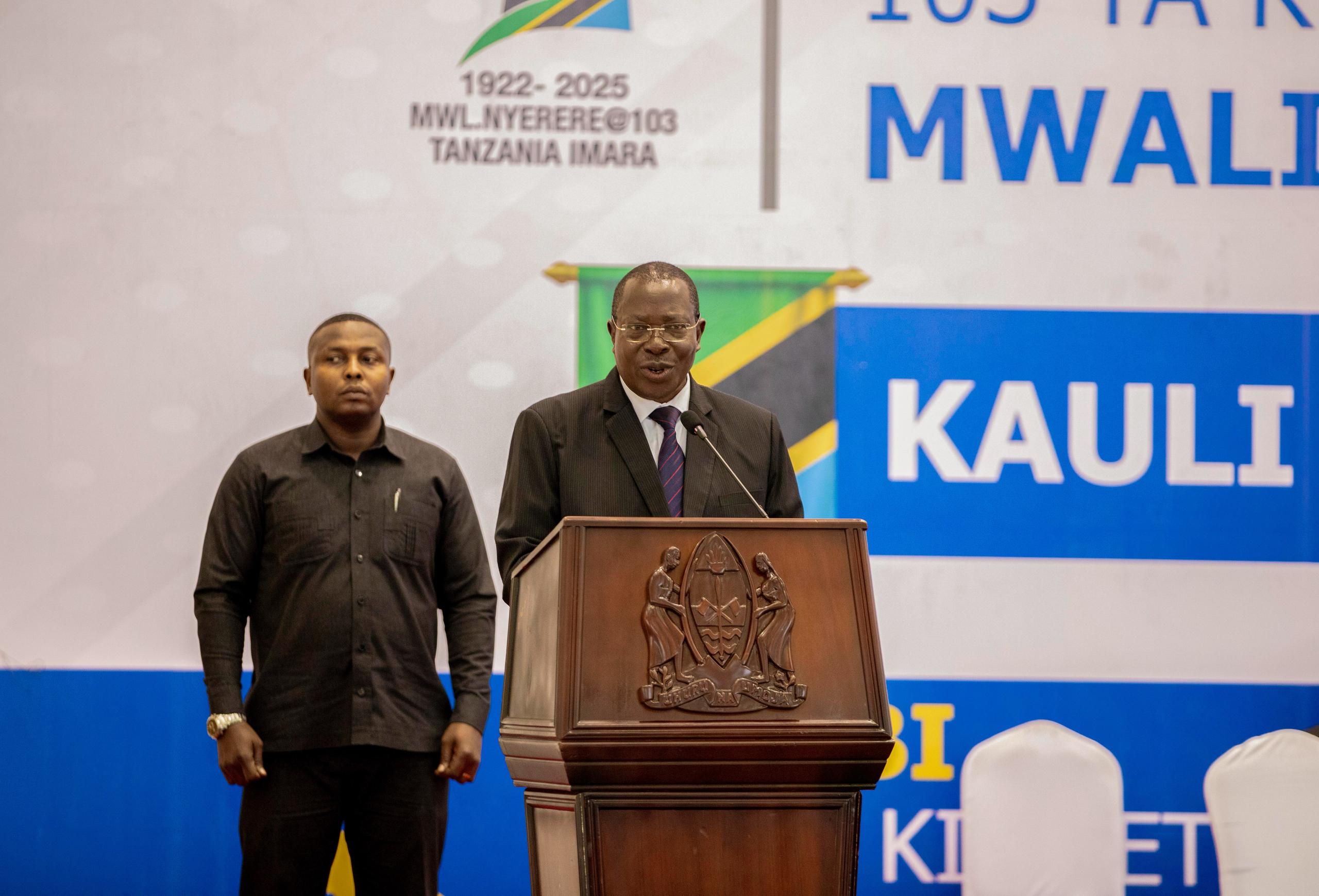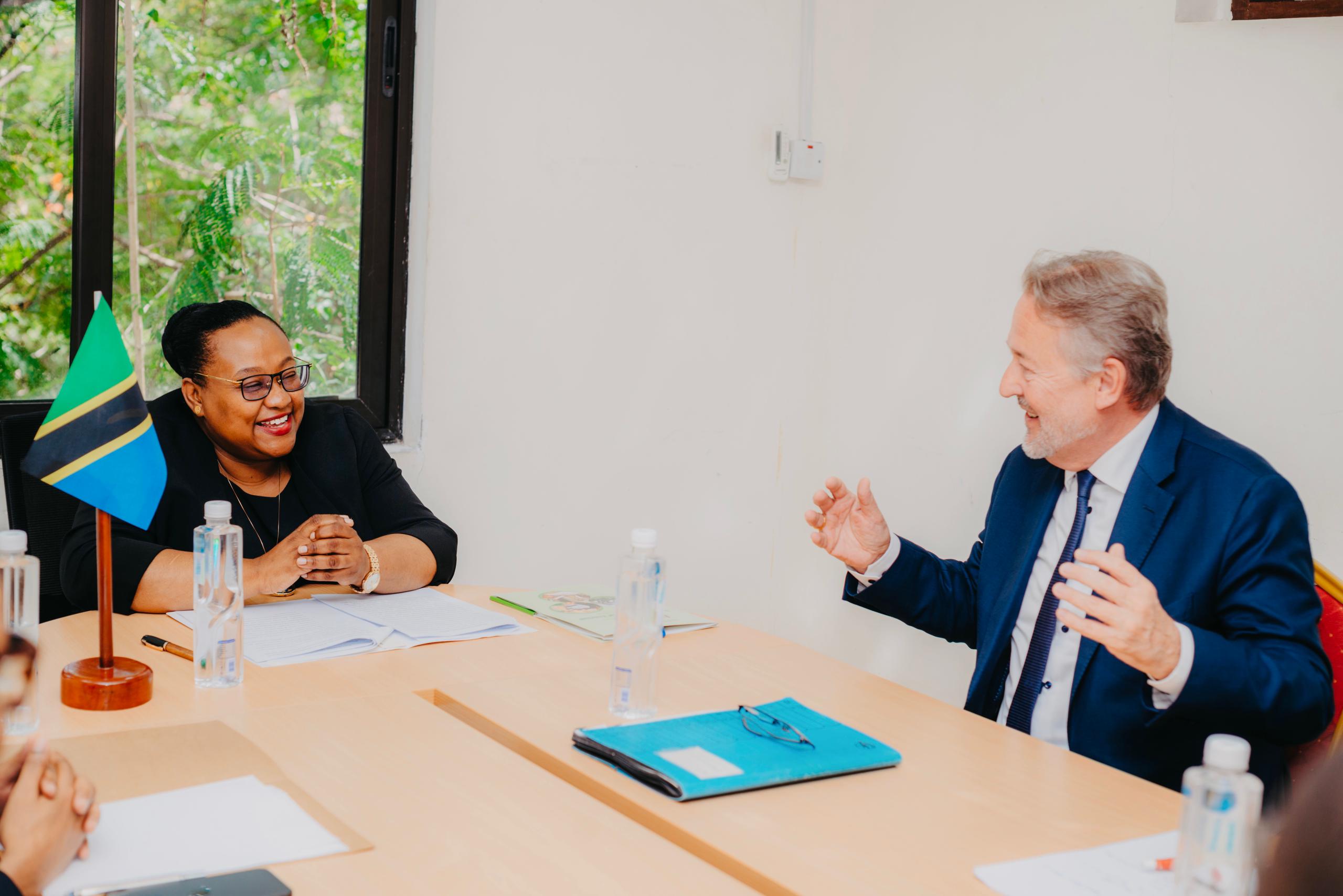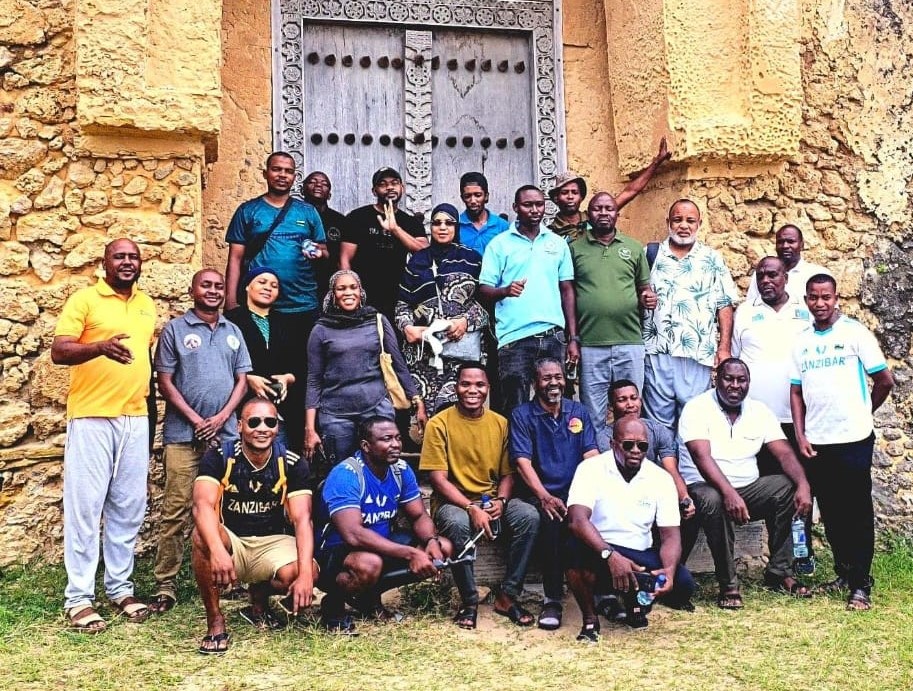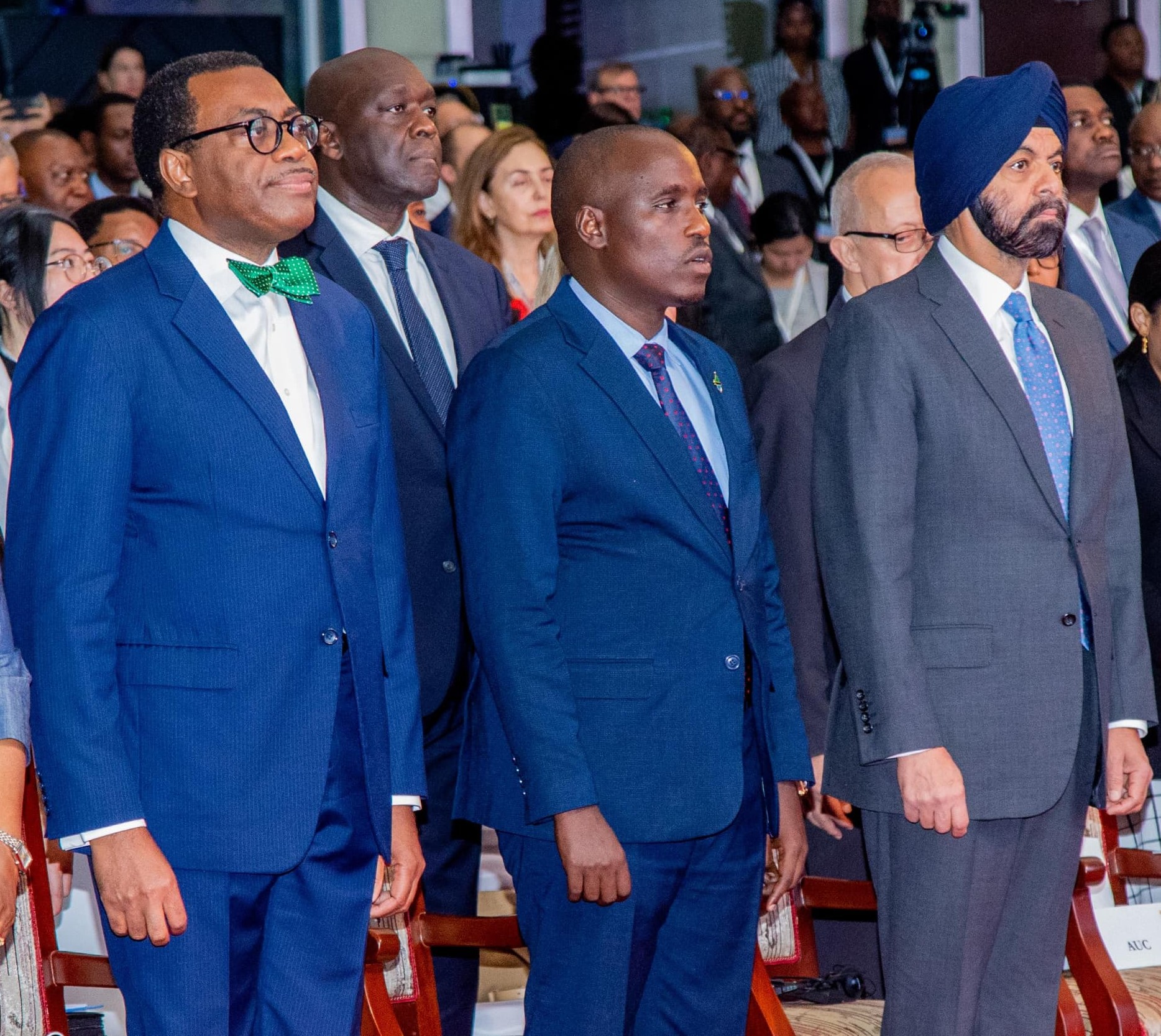Dar es Salaam. African nations are convening in Dar es Salaam on February 21–22 to strategise on restoring the continent’s coffee industry to its former prominence.
Coffee production in Africa has declined significantly, from accounting for 25 percent of global output in the 1960s to just 11 percent today.
Determined to reverse this trend, coffee-producing countries are targeting a production increase to 20 percent by 2030.
Additionally, they aim to expand local processing capacity and maximise financial returns from coffee exports.
Speaking at the opening of the 3rd G25 African Coffee Summit on February 21, Tanzanian Minister for Agriculture, Hussein Bashe, noted that while Africa exports raw coffee worth $3 billion annually, it imports coffee products valued at a staggering $50 billion.
This contrasts sharply with Germany, a non-coffee-producing nation that exports processed coffee worth $2.97 billion—almost matching Africa’s total annual exports.
The summit, to be officially opened by President Samia Suluhu Hassan, will culminate in the signing of the Dar es Salaam Declaration, a landmark agreement aimed at increasing coffee production, processing, and domestic consumption across the continent.
Africa, home to both Arabica and Robusta coffee varieties with rich and diverse flavours, relies heavily on the crop, with over 53 percent of its rural population engaged in coffee farming.
However, structural constraints and climate change continue to hinder growth.
The summit seeks to address these challenges by involving youth, promoting value addition, and tackling systemic barriers in the sector.
The high-level gathering brings together heads of state, ministers, coffee regulatory authorities, industry players, and private sector stakeholders from G25 coffee-producing nations.
Discussions will centre on unlocking employment opportunities, particularly for youth and women, fostering public-private partnerships to drive investment, and expanding financial support for farmers.
Other key issues include the establishment of regional Centres of Excellence to promote research and innovation, as well as the harmonisation of African coffee standards to boost intra-African trade.
With a renewed focus on value addition and sustainability, African nations seek to reposition coffee not just as a major export commodity but as a driver of economic growth across rural communities.







